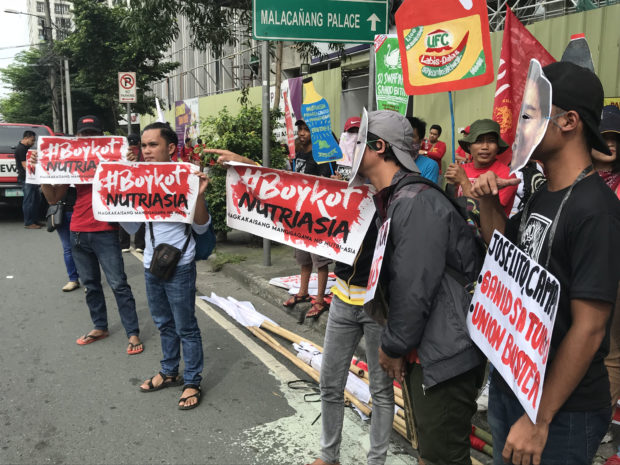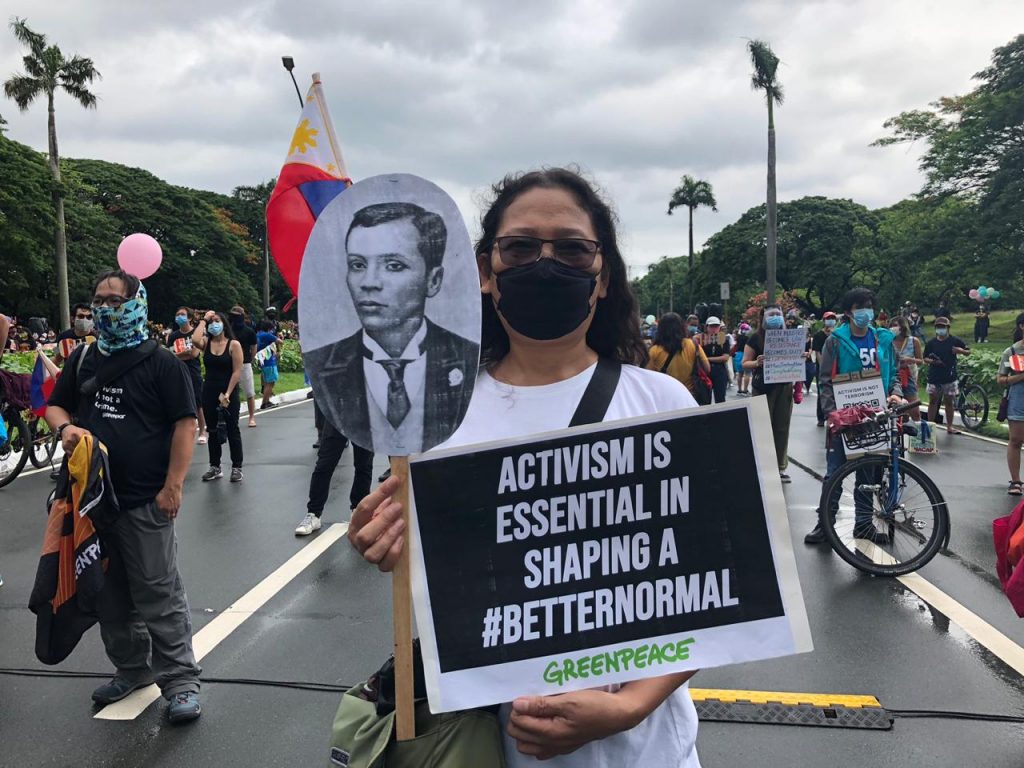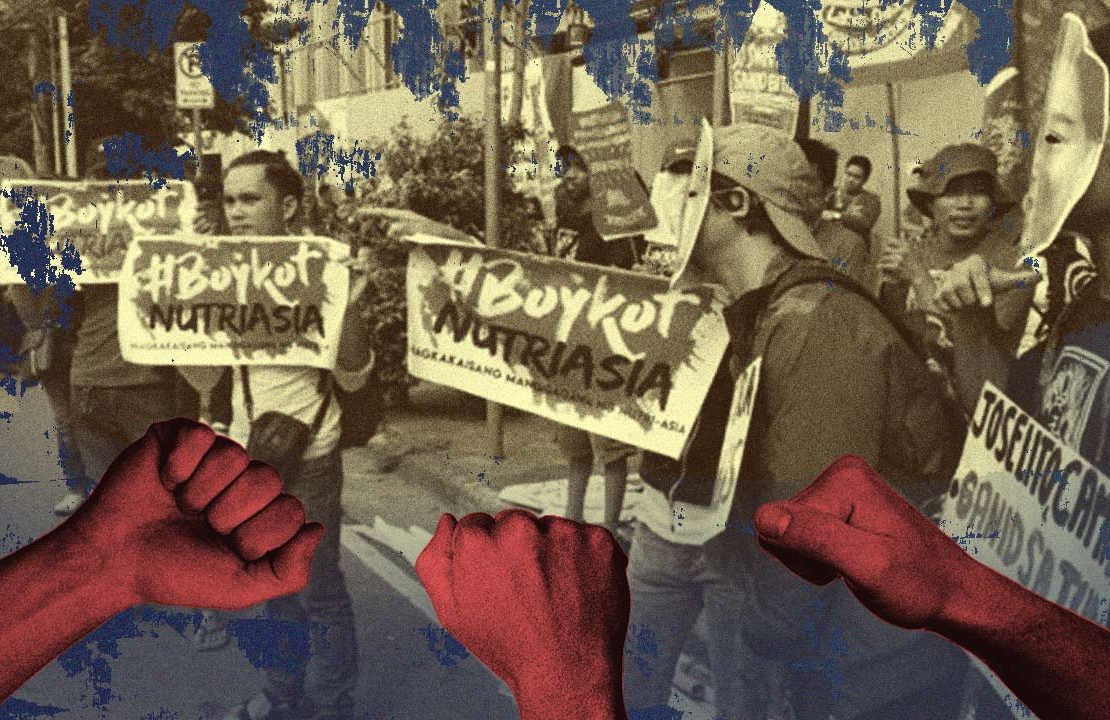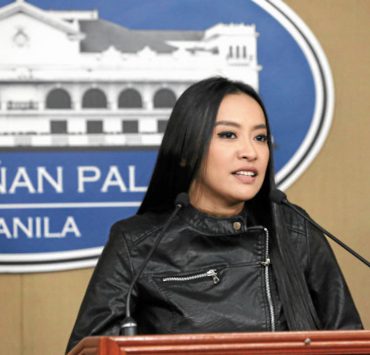As if we need more reasons to stop the passage of the Anti-Terror Bill (which becomes law even if President Duterte does nothing!), the International Trade Union Confederation (ITUC) just listed the country in the top 10 worst countries for workers. One reason? The rampant red-tagging of unionists by authorities.
ITUC’s seventh global rights index ranks the Philippines among countries such Bangladesh, Brazil, Colombia, Egypt, Honduras, India, Kazakhstan, Turkey and Zimbabwe, for being notorious for its poor treatment of workers, specifically those who are part of unions.
“These threats to workers, our economies and democracy were endemic in workplaces and countries before the COVID-19 pandemic disrupted lives and livelihoods,” read the ITUC report.
A recurring trend that ITUC found throughout many countries is the violations of the workers’ many rights including the right to strike and to collectively bargain.

The report even name-dropped some corporations who have made news in the last few years for allegedly mistreating its labor force like Coca-Cola, NutriAsia, Peerless Products Manufacturing Corporation (Pepmaco) and Pioneer Float Glass Manufacturing Inc.
“In the Philippines, officers from the National Police dispersed the picket line of Peerless Products Manufacturing Corporation (Pepmaco) in Calamba, Laguna and arrested 18 workers on Aug. 19, 2019,” the report said recounting the violent dispersal involving workers of the surfactants manufacturer.
A report by independent news outlet Bulatlat last year revealed the reason the workers were on strike was because of bad working conditions, where they are forced to work for 12 hours a day without day-offs and without safety gear to protect them from hazardous chemicals. That’s on top of poor pay and contractualization.
The anti-terror bill might make it worse
Another disturbing finding in the index was that union workers were often red-tagged by the government and its employer to silence them, making them at risk of violence, intimidation and murder.
“In a context of extreme state violence and suppression of civil liberties, employers’ tactics to label unions as ‘subversive organizations,’ in a process commonly known as ‘red-tagging,’ exposed their members to violence and repression,” the report said citing a 2019 incident with Coca-Cola in Bacolod.
The plant’s management gathered its employees to denounce its union as subversive. A few days after that meeting, an elected officer of the Coca-Cola union reported that military officers visited his home.
ITUC also cited an instance involving condiment manufacturer NutriAsia, where workers were charged with trumped-up complaints including illegal possession of firearms allegedly planted by security forces.

In an interview with Rappler, labor group Nagkaisa Labor Coalition chairperson Atty. Sonny Matula said these atrocities may be amplified if the Anti-Terror bill becomes law, as it advocates for the crackdown on activists often tagged as members of the Communist Party and the New People’s Army. Throughout his many speeches during quarantine, Duterte has addressed them with threats and allegations.
Red-tagging is one of the issues brought up by the dissenters of the bill. Days after the passage of the bill at the House of Representatives, regional police like the Caraga Police Regional Office -13 released materials online referring to activists as individuals linked to terrorism.
Last week, the Department of Interior and Local Government Secretary Eduardo Año assured the public that the government won’t tolerate red-tagging, especially among the police.
“As long as they are not committing any crime or inciting to sedition or rebellion, they can actually express their grievances through peaceful means of course. So, hindi natin tino-tolerate or pinapayagan yan,” Año said.
The Anti-Terror Bill is pending at the Malacañang but Presidential Spokesperson Harry Roque said the president is “inclined” to sign it. But even if Duterte were to do nothing in the coming days, according to the 1987 Constitution, if left unsigned by the president a bill will automatically lapse into law.
Get more stories like this by subscribing to our weekly newsletter here.
Read more:
In the killing fields of Negros, the lives of farmers and activists mean nothing
Anti-Terror Bill not yet law, but Cebu police in riot gear already came for protesters
Terrorism undefined: The Anti-Terrorism Bill is an indication of an authoritarian regime
Writer: CHRISTIAN SAN JOSE
ART JOEY SIMBULAN




